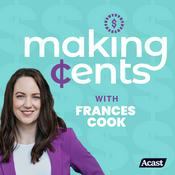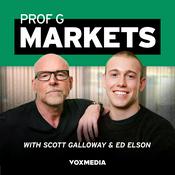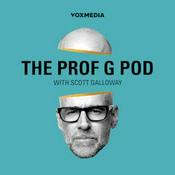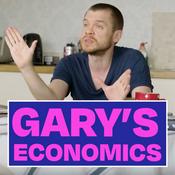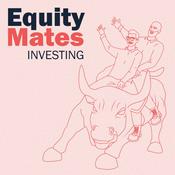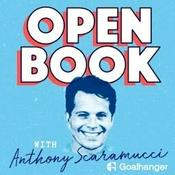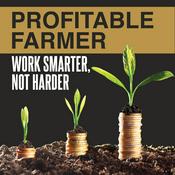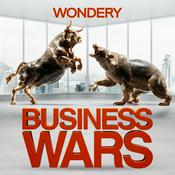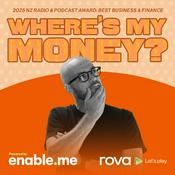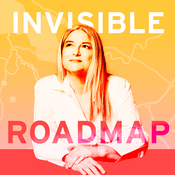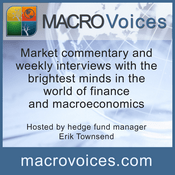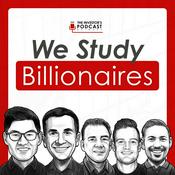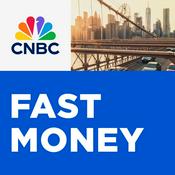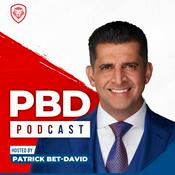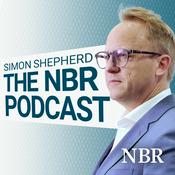96 episodes

A New Chapter in the Fight to Restore Self-Governance
20/11/2024 | 3 mins.
We've hosted engaging guests for great conversations here on the Truth Podcast. As I focus on dismantling the unaccountable administrative state in a new role leading up to America's 250th birthday, we're going to pause this weekly conversation for now. Elon Musk and I are looking forward to going about this vital mission in the most open and transparent way possible—stay tuned for more of what's ahead. Learn more about your ad choices. Visit megaphone.fm/adchoices

Do conservatives want a right-wing Nanny State or should we Shut It Down?
13/11/2024 | 51 mins.
"America First" rightly put the American people back at the center of our government. The next step is not to turn the left-wing nanny state into a right-wing one. We want to SHUT IT DOWN. That's how we'll restore prosperity, national identity and declare independence from China. Learn more about your ad choices. Visit megaphone.fm/adchoices

The People vs. The Machine | How ‘America First’ Won 2024
07/11/2024 | 14 mins.
Go inside President Trump’s landslide win with Vivek. What are the implications for America’s future? How have political alliances shifted? How did the media do? We the people defeated the machine -- but is the machine gone for good? Learn more about your ad choices. Visit megaphone.fm/adchoices

Debating Immigration: Economic Boost or National Crisis? | Sohrab Amari
31/10/2024 | 1h 7 mins.
I break down a fundamental debate on immigration policy. Sohrab sees immigration restrictions as a way to drive up wages and make Americans richer. I believe immigration is about more than just dollars and cents; it's about respecting the rule of law and preserving our national identity, which is priceless. Join us as we dig into immigration reform and how it will impact our country’s future. Learn more about your ad choices. Visit megaphone.fm/adchoices

FDR’s New Deal: Good or Bad?
23/10/2024 | 51 mins.
Is it time for conservatives to rethink free markets? What’s the proper role of tariffs? And is the administrative state really that bad? Author and New Right intellectual Sohrab Ahmari joins me to discuss the legacy of the New Deal and what it means to pursue the common good. Learn more about your ad choices. Visit megaphone.fm/adchoices
More Business podcasts
Trending Business podcasts
About Truth with Vivek Ramaswamy
Listen to Truth with Vivek Ramaswamy, The Diary Of A CEO with Steven Bartlett and many other podcasts from around the world with the radio.net app
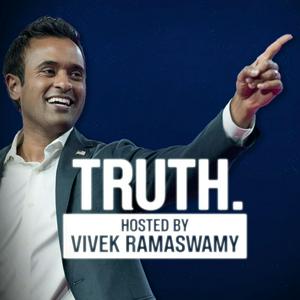
Get the free radio.net app
- Stations and podcasts to bookmark
- Stream via Wi-Fi or Bluetooth
- Supports Carplay & Android Auto
- Many other app features
Get the free radio.net app
- Stations and podcasts to bookmark
- Stream via Wi-Fi or Bluetooth
- Supports Carplay & Android Auto
- Many other app features


Truth with Vivek Ramaswamy
download the app,
start listening.



